Life
Sign up for our newsletter
We summarize the week's scientific breakthroughs every Thursday.
-
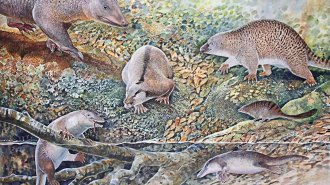 Paleontology
Paleontology‘Echidnapus’ hints at a lost age of egg-laying mammals
The fossil discoveries double the number of known monotreme species during the Cretaceous Period.
-
 Anthropology
AnthropologyChild sacrifices at famed Maya site were all boys, many closely related
DNA analysis shows victims in one underground chamber at Chichén Itzá included twins, perhaps representing mythological figures.
By Bruce Bower -
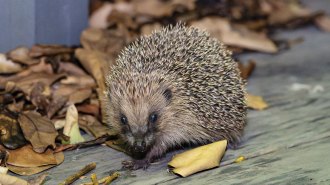 Animals
Animals‘Cull of the Wild’ questions sacrificing wildlife in the name of conservation
In his new book, ecologist Hugh Warwick seeks middle ground in the waging battle that is wildlife management.
-
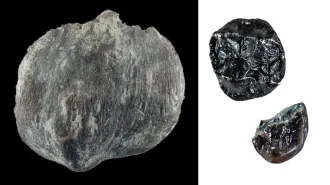 Anthropology
AnthropologyFossil finds amplify Europe’s status as a hotbed of great ape evolution
A kneecap and two teeth belonged to the smallest known great ape, a study contends. If so, it’s the first to coexist with another great ape in Europe.
By Bruce Bower -
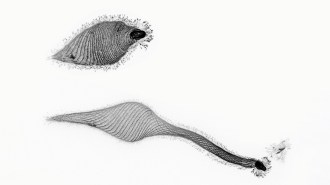 Life
LifeThis protist unfolds its ‘neck’ up to 30 times its body length to scout prey
With geometry’s help, 'Lacrymaria olor' can extend its long, necklike protrusion in less than 30 seconds.
-
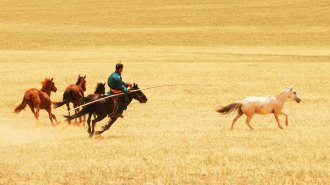 Genetics
GeneticsHorses may have been domesticated twice. Only one attempt stuck
Genetic evidence suggests that the ancestors of domestic horses were bred for mobility about 4,200 years ago.
-
 Science & Society
Science & SocietyScientists are fixing flawed forensics that can lead to wrongful convictions
People have been wrongly jailed for forensic failures. Scientists are working to improve police lineups, fingerprinting and even DNA analysis.
By Amber Dance -
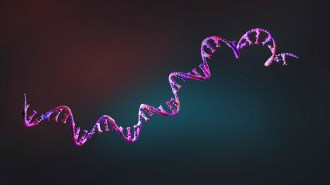 Genetics
GeneticsThomas Cech’s ‘The Catalyst’ spotlights RNA and its superpowers
Nobel Prize-winning biochemist Thomas Cech’s new book is part ode to RNA and part detailed history of the scientists who’ve studied it.
By Meghan Rosen -
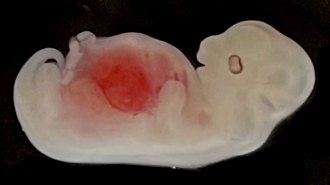 Genetics
Genetics50 years ago, chimeras gave a glimpse of gene editing’s future
Advances in gene editing technology have led to the first successful transplant of a pig kidney into a human.
By Abby Wallace -
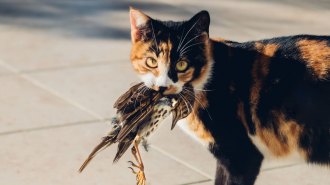 Health & Medicine
Health & MedicineBird flu can infect cats. What does that mean for their people?
Pet owners can take precautions to avoid H5N1, such as keeping cats indoors and making sure they don’t eat raw meat or milk.
-
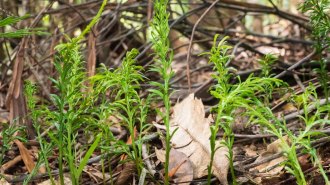 Life
LifeThe largest known genome belongs to a tiny fern
Though 'Tmesipteris oblanceolata' is just 15 centimeters long, its genome dwarfs humans’ by more than 50 times.
By Jake Buehler -
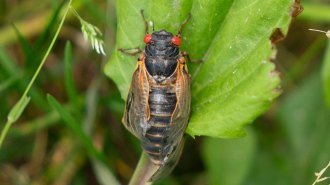 Life
LifeIt’s a big year for cicadas. Here’s what to know about this year’s emergence
Periodical cicadas are an odd marvel of nature. This year, the biggest brood of all is coming out in the U.S. South while another emerges in the Midwest.
By Susan Milius